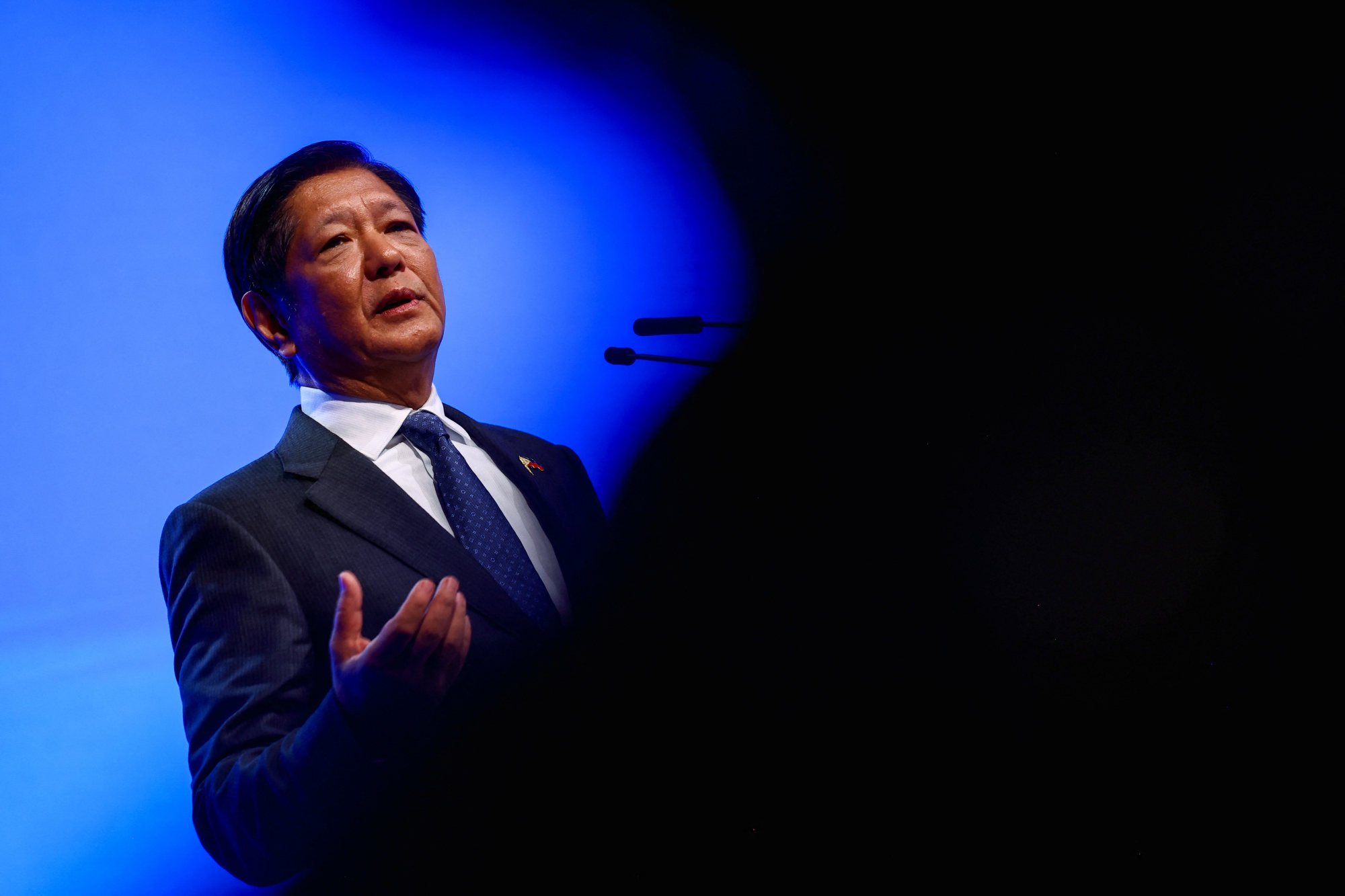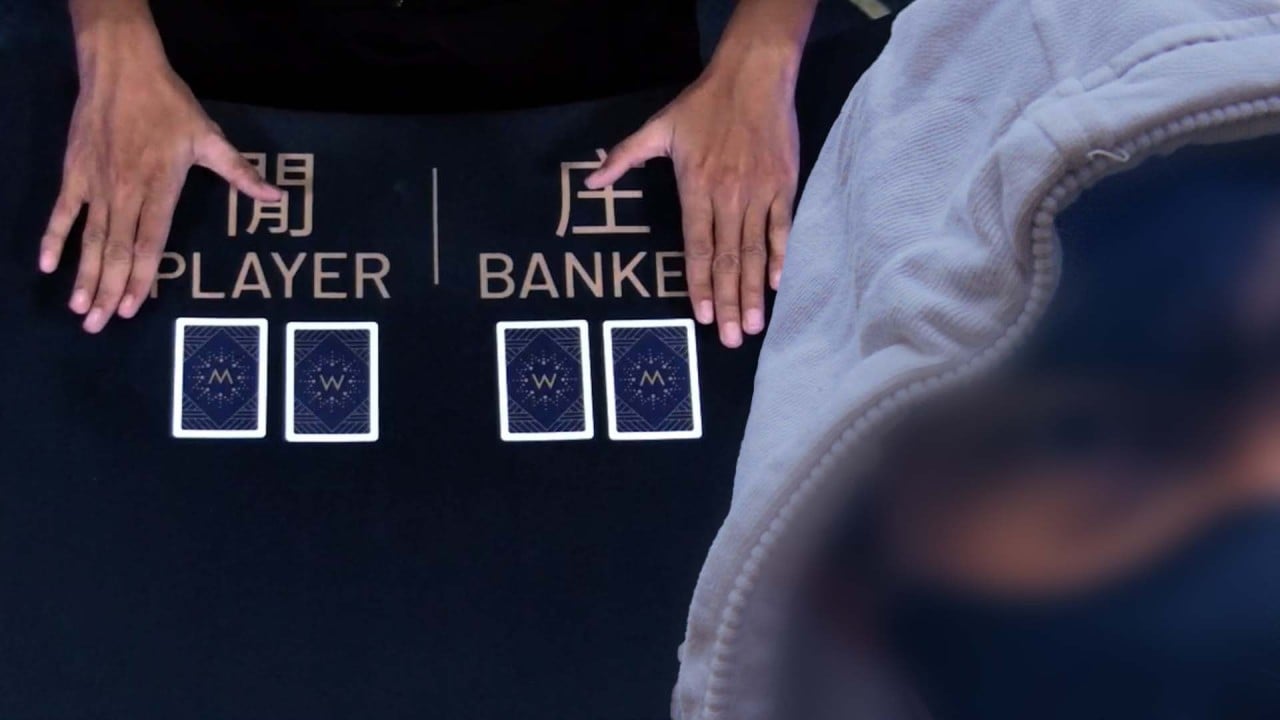Gambling
In Philippines, Chinese gambler-focused Pogos face fresh ban threat

At the height of the Pogo boom, more than 300,000 Chinese workers were employed by the sector. But official estimates now put the number staying legally in the Philippines closer to 100,000-150,000.
Senator Risa Hontiveros pushed the government to ban Pogos in November last year, citing national security concerns.
But each time, the potential loss of income reportedly prevented Manila taking action. Around 8.88 billion pesos (US$160 million) in taxes were collected from the industry in 2022, according to the latest available data from the Philippine Department of Finance.
Tax revenue from the Pogo sector “is being used to fund government projects nationwide” and “would be difficult to find” if it didn’t come from gaming, Beleno said.
But the industry is also rife with accusations of criminal activity and syndicates using the profits to influence government decisions.
“These syndicates could be fronting as Pogos but are engaged in criminal activities such as human trafficking and scamming,” Gatchalian said previously.
‘Force multiplier’
The Pogo sector has long raised security concerns in the Philippines, according to security analyst Joshua Espeña, vice-president of the Manila-based International Development and Security Cooperation think tank.
“Most of these Pogos are near military installations,” he said, warning that such operations could be used as “force multipliers in times of war”.
“These Pogos might also house enemy personnel that could be tapped to add mass to advancing enemies.”

“I don’t know what would be the point. It’s not a huge part of our economy,” he told reporters at the World Economic Forum in January last year.
“And if it’s judged that there is a social cost, it might not be worth it. The cost might not be worth what they’re paying in taxes any more.”
Sherwin Ona, an associate professor of political science at De La Salle University in Manila, said the Pogo sector represented a “huge national security risk” that Manila was unable to fully monitor.
It’s a huge national security risk since we lack the ability to completely monitor them and screen their entry to our country
“I believe that this should serve as a wake-up call for all of us not to be too complacent. This is also a wake-up call for our security agencies because of the new threats,” he said.
“It’s a huge national security risk since we lack the ability to completely monitor them and screen their entry to our country. Our reactive posture adds to our vulnerabilities.”
Still, Pogos had become entrenched in the Philippine economy and many were legitimate, Ona said
“Most are legal but there are those who strive to mix their legitimate activities with illegal acts,” he said. “Many have also built relationships with officials, which adds another level of complication.”











